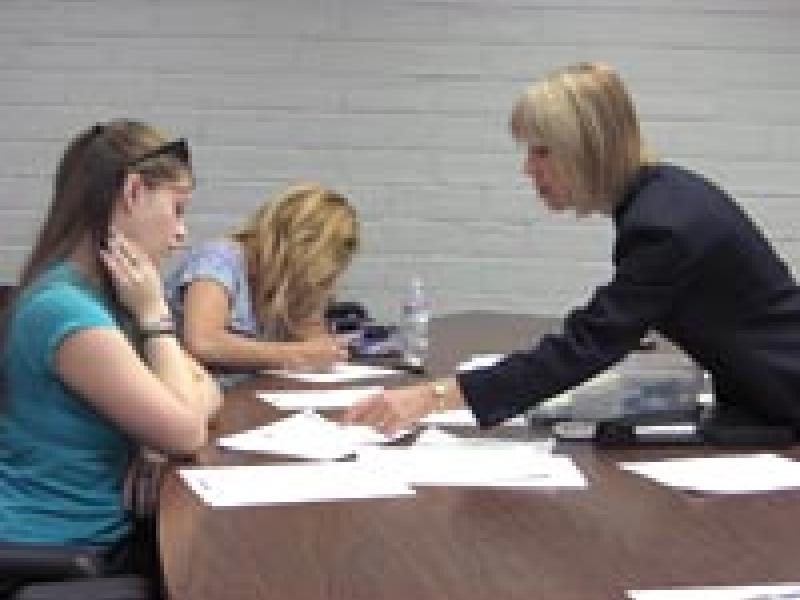
Document Author(s):
Year Published:
Topics:
State:
Region:
Tags:
News: California Uses Video Conferencing to Extend Reach of Self-Help Center Across Three Rural Counties (California 2015)
SHARP: Expanding Access to Justice for Rural Californians
Meet SHARP (sharpcourts.org), an innovative self-help center model that’s using video conferencing to expand access to justice for self-represented litigants across California’s Butte, Glenn and Tehama Counties. Bonnie Hough, Managing Attorney for the California Administrative Office of the Courts, says SHARP (The Self Help and Referral Program) is a “model program for how to deliver services to litigants in areas where there isn’t an attorney.”
SHARP started as a pilot program with the idea of leveraging video conferencing to support SRLs remotely. Now helping around what Hough calls “an impressive number of people” at 1,700 litigants a month, SHARP provides free assistance in the areas of family law, guardianships, evictions, small claims, name changes, guardianship, expungement and restraining orders.
SHARP’s breaking ground when it comes to leveraging technology to make courts more accessible for SRLs and the video conferencing services support “a consortium of counties”. Though it started using Polycom at its launch, SHARP has since switched over to Zoom, saving them a host of tech issues and nearly $1,000 a month in expenses, which enabled Melanie Snider, SHARP’s Managing Attorney, to hire additional staff.
She went on to explain to me that SHARP offers, “live, real-time video conferenced workshops in several counties during one session. In other words, a workshop in say, establishing guardianship over the person will be held in Chico. Conference rooms filled with litigants needing to complete the paperwork to accomplish that task in Oroville, Red Bluff, Clearlake and Shasta locations will join the videoconference and they all do the work.”
Melanie mentioned that there’s a helper at each SRL site to support attendees in making copies and handing out pens. Questions, though, are directed only at the workshop leader. The remote workshops are an innovative way to save money and share resources. SHARP also helps people directly over the phone and email and shares staff connected via Zoom across all of its counties.
SHARP’s model, of remotely networked paralegals and volunteers, doesn’t come without challenges. Melanie noted that she had to come up with an innovative way to train staff. She “created a database of all of the processes for each issue that includes instructions and sample forms,” she told me. She said she also included, “training flowcharts for how to answer phones and analyze issues, all of the flyers and forms [SHARP uses] and any other information that would be useful to staff.” The resources are electronic and searchable and are now used by local colleges as law office management training materials for students. SHARP looks to hire students who have studied the program’s training in school.
Hough noted that SHARP’s innovation is “a great example of how to expand services to rural areas,” particularly where there may not be self-help center staff present every day. She added that she’s excited to see how SHARP’s model might expand access to legal specialists who aren’t available in these counties. “A legal specialist might be able to facilitate a workshop pro bono via the video conferencing or if someone in rural Northern California needs an Armenian translator they can Zoom with one in Los Angeles,” she said. SHARP’s resource sharing model via video is one worth noting nationwide when it comes to expanding access to justice in under-resourced areas.
More details about SHARP are available from the California Court System (sharpcourts.org).